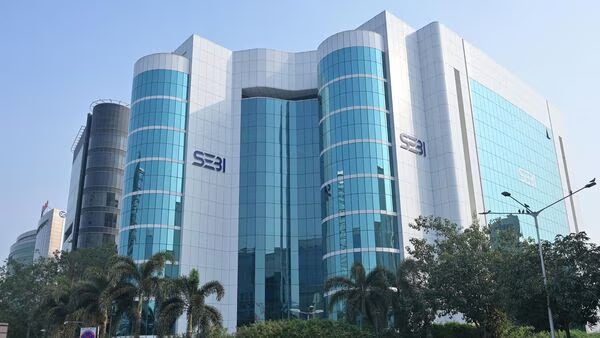Context:
Recently, the Securities and Exchange Board of India (Sebi) introduced a framework for issuing subordinate units by privately placed InvITs (Infrastructure Investment Trusts).
Key Highlights
- Purpose of Issuance: The issuance aims to address valuation gaps between the asset valuation done by the Sponsor (as the asset seller) and that by the InvIT (as the asset buyer).
A sponsor refers to the entity which sets up the InvIT. An InvIT can have a maximum of 3 sponsors. - Risk Mitigation Measures: The framework includes risk mitigation measures for the issuance of subordinate units.
Issuance Conditions: Subordinate units will only be issued by privately placed InvITs upon acquiring an infrastructure project.
- The amount of subordinate units issued by the InvITs shall not exceed 10% of the acquisition price of the infrastructure project.
- Further, InvITs cannot raise funds through public issues if there are any outstanding subordinate units.
Amendments to InvIT Rules: SEBI amended the InvITs regulations to give effect to the new framework.
Subordinate Units
- They have inferior or no voting rights and distribution rights compared to the ordinary units issued.
- They can be reclassified into ordinary units on meeting performance benchmarks and after three years of issuance.
About the InvITs
- An Infrastructure Investment Trust (InvIT) is a collective investment scheme similar to a mutual fund, allowing individual and institutional investors to directly invest in infrastructure projects, such as highways, and earn a portion of the income as returns.
- The InvITs are regulated by the SEBI under SEBI (Infrastructure Investment Trusts) Regulations, 2014.

Significance of InvITs
- Diversification: Investors looking to diversify their portfolios can opt to invest in listed infrastructure companies and infrastructure mutual funds.
- Professional management: The infrastructure project is professionally managed by qualified operators. This assures smooth and efficient operation of the infrastructure project.
- Regular Income: InvITs have to mandatorily distribute at least 90% of the income through dividends and interest payouts on a quarterly or bi-annual basis.
- InvITs can generate profits on their assets in three ways i.e. three-in-one returns: Capital gains, dividends, and interest.
- Capital Gains: Units of an InvIT can be traded on stock exchanges similar to shares. So if the InvIT performs well, the price of units will increase. People can sell units at a profit and receive Capital Gains.
Challenges of Investing in InvITs
- Unpredictable Cash Flows: The income generated by infrastructure projects such as roads/highways etc depends on tariffs and usage. Variations in either can cause income fluctuations.
- Taxable Dividend and Interest Income: Dividends and interest income from InvITs are fully taxable according to the investor’s income tax slab rate. People in the highest tax bracket could end up paying up to 30% in taxes on these earnings.
- Limited Investment Options: With only two publicly listed InvITs in India, retail investors have very few investment choices.
- Low Liquidity: Although InvIT units can be traded on the stock market, there is limited market participation from buyers and sellers. This can make it challenging to sell InvIT units at a fair price in emergencies, resulting in low liquidity for these investments.

